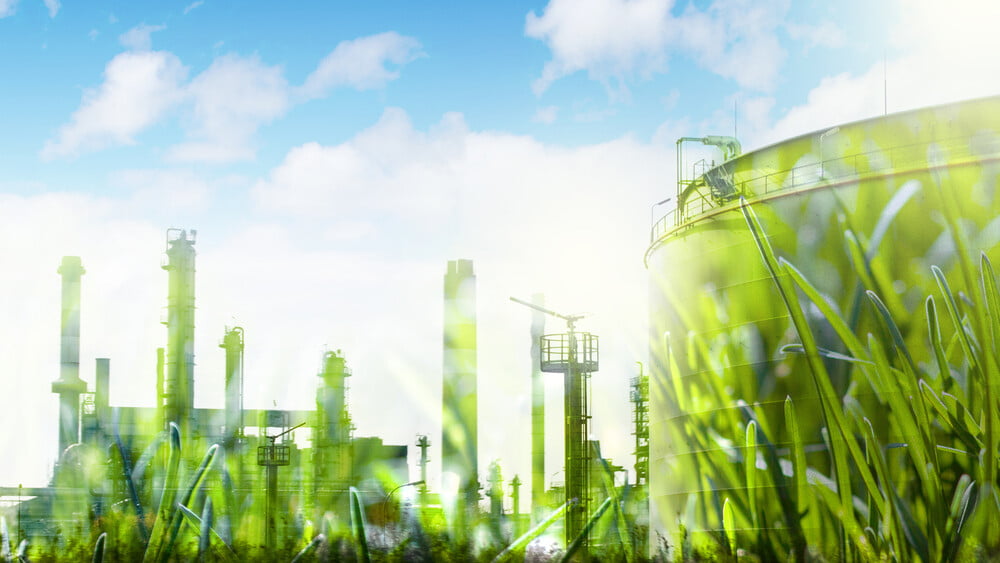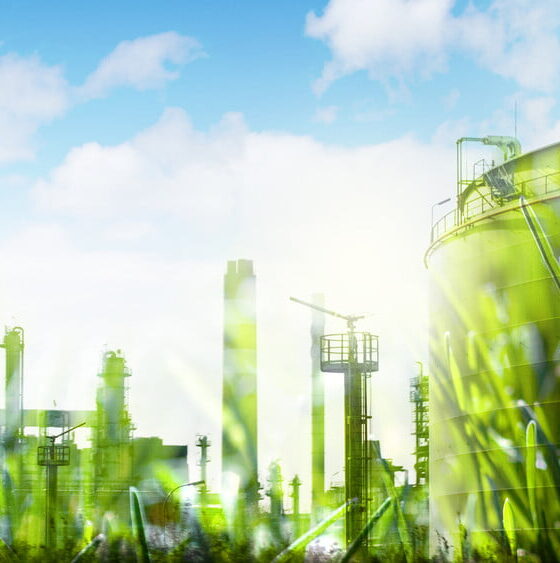

Sustainability
The Role of Maintenance and Performance in Sustainable Mass Production
When it comes to achieving sustainability in the manufacturing sector, much attention gets paid towards using state-of-the-art materials, harnessing renewable energy, and reducing waste. While these are critical for achieving sustainable mass production by the end of the decade, they aren’t the only factors required to make that come true.
Another component of achieving a sustainable future in manufacturing is the reliability of machines and other equipment involved in the production process. After all, downtime and replacements add up to wasted material and inefficient energy consumption.
Think of it like a car you depend on to get your kids to school, you to work, and everywhere in between. Assuming your budget doesn’t account for an expensive repair or the addition of a monthly payment, a reliable automobile is paramount. In addition to the financial toll, the alternative involves the discarding of parts and possibly the entire vehicle in exchange for replacements. That’s a lot of added material and energy that isn’t required if you own a car built to last.
Achieving sustainable mass production comes down to a similar situation; reliable machinery leads to less downtime, which leads to less waste. Over time, the contribution to efficiency provided by continuously dependable machinery is considerable. It’s not as headline-grabbing as miracle materials or renewable resources, but well-built machines are essential for manufacturing sustainability.
It starts with highly refined machining. Going back to the automobile analogy used earlier, the difference between car brands known for reliability and those notorious for mechanical failure comes down to the quality of their parts manufacturing.
The same principle holds for manufacturing in general. Ensuring consistent product quality in a productive manner calls for CNC machining tools and similarly precise devices. Whether it’s preowned equipment from ProTechMachineTool.com or custom-made tools designed for specialized processes, there’s a premium placed on products made with computer-driven precision. That’s because they’re more reliable and durable.
The next step is routine maintenance. No matter how well-made the parts and expertly-assembled the product, machines are destined to fail at some point. The implementation of regular maintenance is essential. Doing so identifies points of failure in time for efficiently prepared repairs. The alternative would be unexpected mechanical breakdowns, often at the worst possible time.
Whether it’s popular rides breaking down at Walt Disney World during peak crowd times or Toyota Corolla production grinding to a halt for three days, interruptions in the scheduled performance of sophisticated machinery can spell doom for even the largest of corporations.
As a manufacturer, you benefit most from systems that operate as expected, all day every day. Anything less leads to downtime, which often involves industrial waste in some form or another. It’s an outcome that goes against sustainability in every sense of the word.
To avoid waste and achieve sustainability, manufacturers will need to emphasize reliability, whether it’s the machines they use or those they produce. Refined parts and better-built products add up to less demand for resources and reduced downtime. The result is a more sustainable system of manufacturing.


 Environment12 months ago
Environment12 months agoAre Polymer Banknotes: an Eco-Friendly Trend or a Groundswell?

 Features11 months ago
Features11 months agoEco-Friendly Cryptocurrencies: Sustainable Investment Choices

 Features12 months ago
Features12 months agoEco-Friendly Crypto Traders Must Find the Right Exchange

 Energy11 months ago
Energy11 months agoThe Growing Role of Solar Panels in Ireland’s Energy Future
















